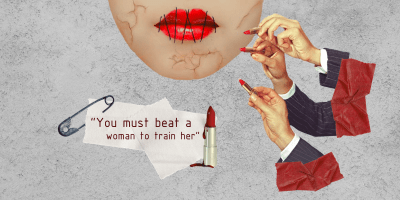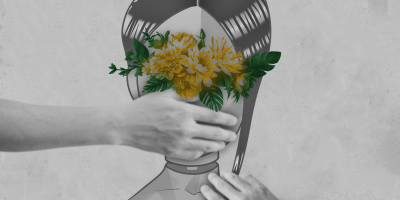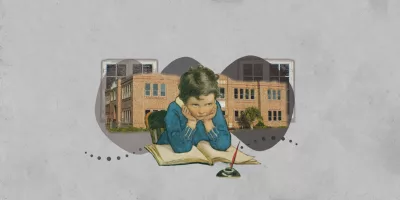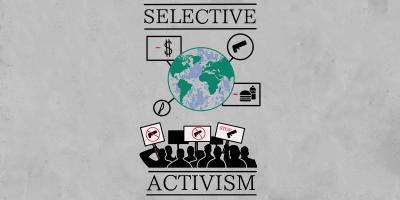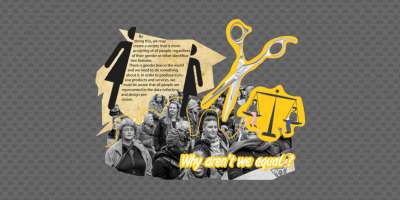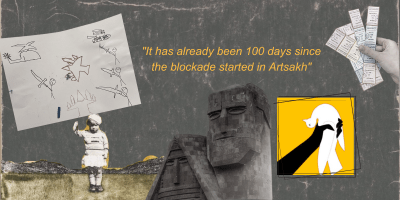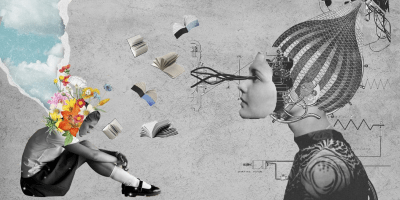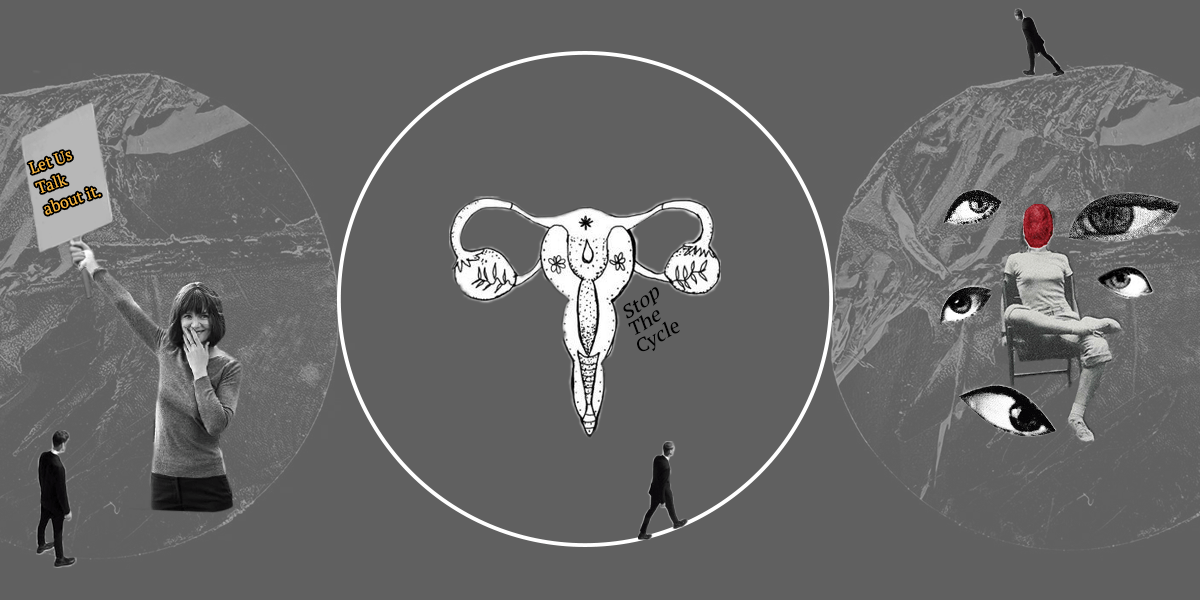
Menstruation is a normal biological occurrence; however, in Armenia, it remains a source of stigma and shame. This phenomenon has strong roots not only in Armenia but also in world history. Historically, menstruation has been a topic surrounded with mystery and misconceptions. Menstruating women have been seen as unclean and even dangerous due to social taboos and gender stereotypes that stigmatize them.
This has been the case through different historical periods. At the end of the 19th century physicians upheld these views and perpetuated it even further. They started viewing menstruation as pathological and pointless. They believed that menstrual blood contained toxic elements that could contaminate everything it came into contact with.
Institutionalized religion played an important role in forming and sustaining similar views. One of the main themes running through almost all Judeo-Christian religious attitudes towards menstruation is the belief that women are unclean while menstruating. Due to this belief, throughout centuries they have been imposing limitations on menstruating women. Although the restrictions they put on women differ in their level of severity, all of them have similar attitudes and underlying beliefs about menstruation.
Nowadays even though these ideas are not strongly prevalent and in practice, their consequences and remnants are still present.
In Armenia, the attitudes towards menstruation reflect the aforementioned history. Menstruation is considered shameful and unclean. Conversations about it are limited to only women groups and medical professionals. This lack of public discourse about a natural physiological process that is an essential part of not only women’s lives but also the creation of life results in shame, stigma and many misconceptions. The effects of this shame and secrecy about menstruation on young women have yet to be studied.
The problem is also largely coming from the Armenian public schools where sex education itself is barely discussed in any proper accessible format, let alone the menstrual cycle. The lack of proper information about this physiological phenomenon even furthers the shame and misconceptions about menstruation.
A glance at the Armenian language reveals how any direct mention of menstruation is replaced by euphemisms. Women even when talking amongst themselves oftentimes opt for such euphemisms which reflect the internalized shame they feel for their own bodies and their functions. For example, phrases such as “my aunt came” or “my back has opened” and many others are common code terms for referring to menstruation. Although at first sight, this might seem like a benign phenomenon, its roots go much deeper and are quite problematic.
Not only in language but also in public space menstruation is deprived of its place. In order to keep others from hearing, people typically ask for supplies like pads in a low voice. And almost any “embarrassing moment” topic is more common when someone unknowingly gets their menstrual cycle and bleeds through their pants in a public place.
Advertising has its fair share of perpetuating misconceptions about menstruation. Sanitary pad advertisements create unrealistic expectations for women to look carefree and happy while often times they are experiencing pain and discomfort. Most advertisements depict a false image that women when menstruating carry on with their everyday life just because they are using a specific sanitary pad.
Menstrual activism has become more prominent in recent years, with the aim of fighting menstrual stigma. Those who are engaged in this movement, are known as menarchy or menstrual anarchy, the fight has mainly been through publishing books or articles on the issue. One modern-day example is an Instagram blog called girlonamute where the blogger Teresa Panchoyan recently co-authored a small informative book in Armenian on menstruation which was available for purchase.
With this said there is a lot to be done to end the stigma and make healthy conversations about menstruation a part of the public discourse. The easiest way to end period stigma is by openly discussing it, thus eliminating the taboo. This can start with discussions with family members and friends, co-workers, and eventually with strangers in a public setting.
Menstruation education at schools can help normalize it and minimize the stigma. Youngsters should have important conversations about puberty and sexual health where they can openly speak about menstruation. Younger girls will learn to feel more comfortable and confident by ending the stigma and will continue being surrounded by body positivity.



